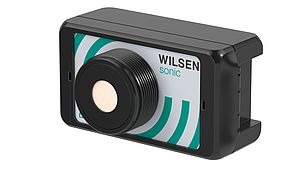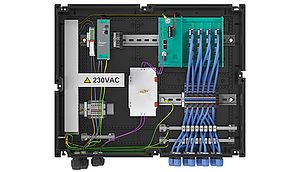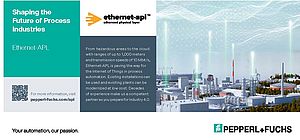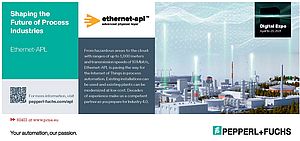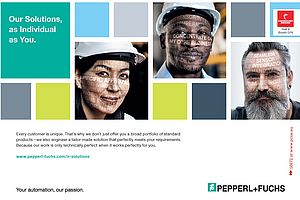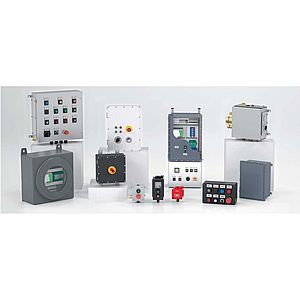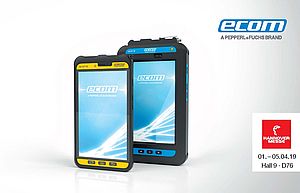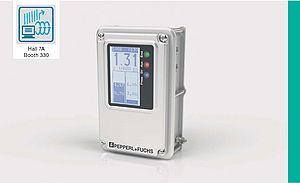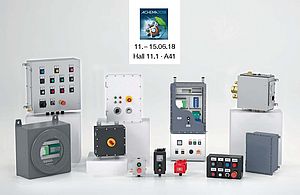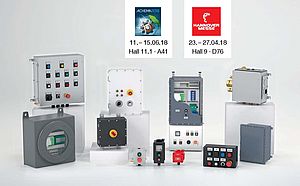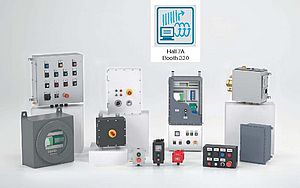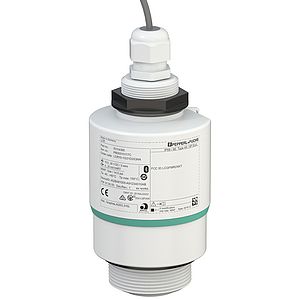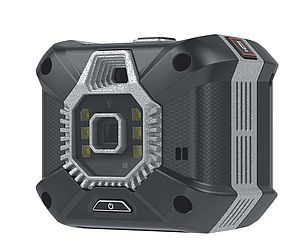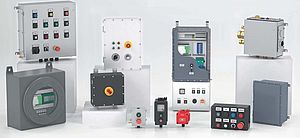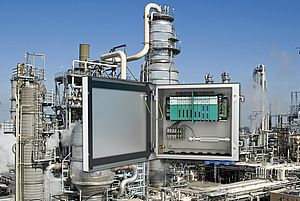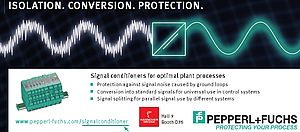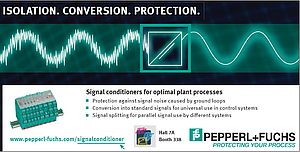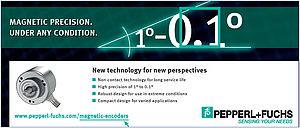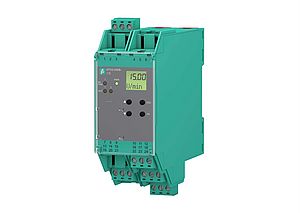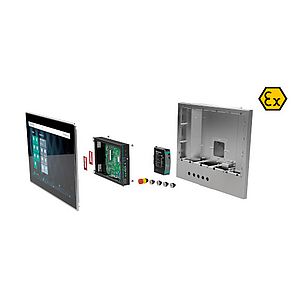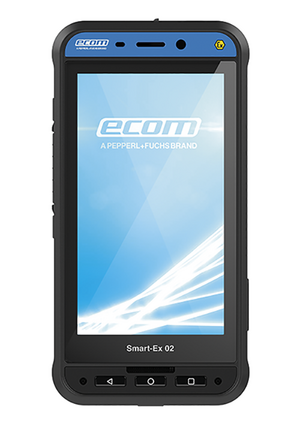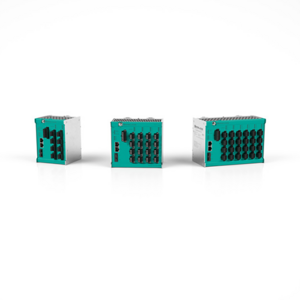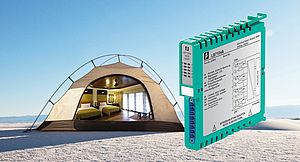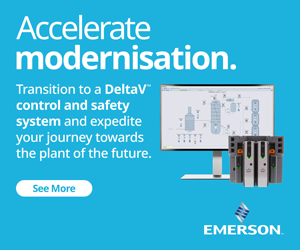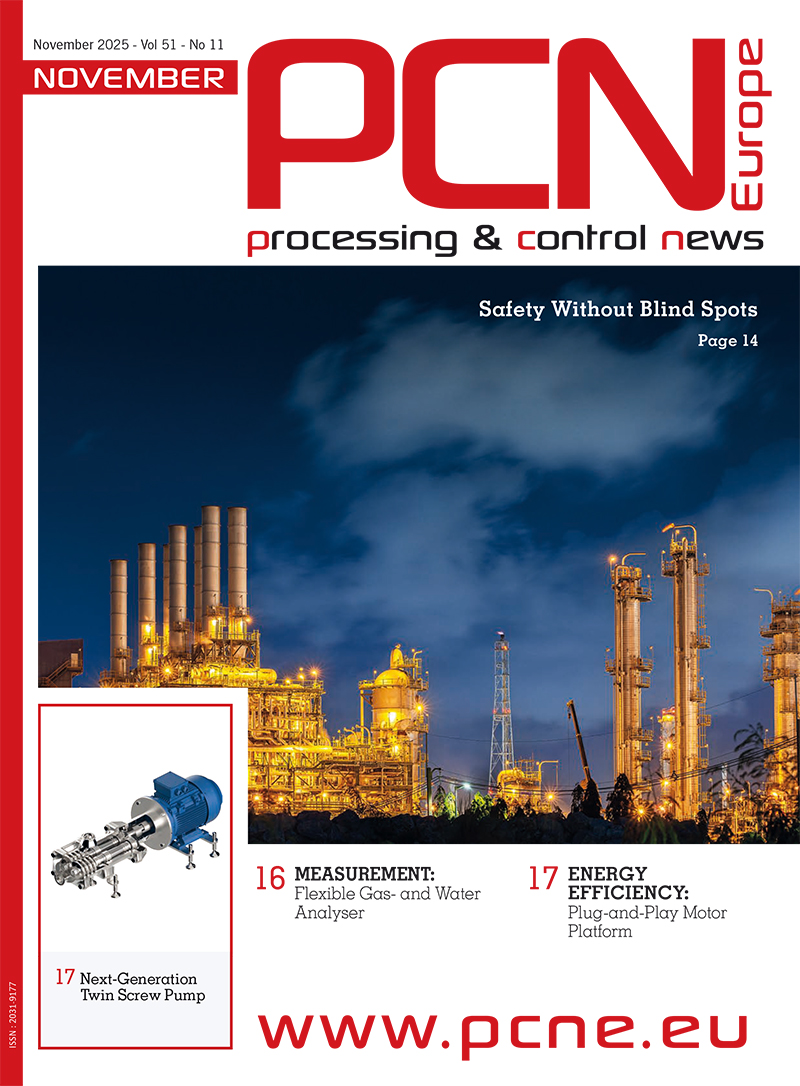A competent partner in process automation is not only characterized by technical expertise, but also requires an overall understanding of the specific requirements of an industry, in-depth knowledge of explosion protection regulations, global project experience, and the ability to deliver solutions reliably, in compliance with standards, and on time.
In addition to classic control technology, communication infrastructure in particular is becoming increasingly important. The digitalization of industrial processes – for example, through Ethernet-APL – and the integration of HMI systems in the field place new requirements on planning and implementation. In hazardous areas in particular, systems must not only be technically safe, but also fully integrated into existing plant concepts.
Technical decision-makers are often faced with the challenge of combining a wide range of interfaces, systems, and requirements. Close cooperation with an experienced partner from the design phase onwards is therefore essential – from the selection of suitable enclosures and components to mechanical and electrical design, to certification, documentation, and logistics. Ideally, this is all provided from a single source with a central contact person, even for international projects.
Solutions Based on Experience
Pepperl+Fuchs has undertaken a practice-oriented approach in process automation for many years. Known for its expertise in explosion protection, the company combines standard products with project-specific requirements – from simple terminal boxes to complex controller or Ethernet-APL enclosure solutions for Zone 1/21 and Class I, Division 1.
The success of these systems is not only based on their technical design, but also on close cooperation with customers – from the planning phase to delivery. This results in solutions that impress both technically and economically.
A Broad Portfolio as the Basis for Individual Systems
To be a successful partner of this kind, it is crucial to be able to rely on a flexible and comprehensive portfolio that meets the varied requirements in industry. Pepperl+Fuchs offers a wide range of products that can serve as the basis for customized solutions.
The solutions portfolio includes:
- Control and distribution systems in flameproof (Ex d) or increased safety (Ex e) versions
- Customer-specific terminal and junction boxes
- Remote I/O and fieldbus systems
- Ethernet-APL enclosure solutions
- HMI solutions
- Pressurized enclosure solutions
- Switch cabinets for interface technology
- WLAN access points
This wide range of products enables customers to find the correct technology for their particular process. In addition to many individual components and standard products, the company can use configurators and engineering teams to combine and adapt the components in an enclosure solution according to the customer's requirements. This results in custom system solutions that are optimally tailored to the requirements of the respective application.
Global Implementation, Adapted Locally
These customer-specific solutions are conceived and implemented in Solution Engineering Centers (SECs), which are strategically located worldwide. In addition to the European sites in Germany and Italy, there are SECs in China, the USA, Australia, and India. These act as technical service providers within the company structure and take over all phases of a project from consulting and engineering to material procurement, project management, and construction, to certification and packaging. The close interaction with the relevant local sales organizations creates a flexible system that combines global standards with local adaptation—a major advantage for projects that are planned internationally but implemented regionally.
Another advantage is the high level of in-house production. In addition to its own foundry with gas and electric furnaces where Ex d enclosures are manufactured and tested to the highest quality standards, the company also has a production area with equipment such as a press brake and a brushing machine for the production of Ex e stainless-steel enclosures. These form the basis for a wide range of enclosure solutions for customers from the process automation sector.
Two Real-Life Examples
Solutions of this nature are used worldwide. Below are two examples to illustrate this.
Ex d Controller for Crude Oil Vapor Pressure Analysis
In crude oil processing, analysis of the vapor pressure is a key process step. This value significantly influences the transport and storage of the crude oil. However, to carry out this analysis, the crude oil often has to be transported through hundreds of meters of pipelines. Due to its viscous properties, booster pumps are required—often installed in Zone 1.
Pepperl+Fuchs implemented 12 control solutions in a flameproof enclosure (Ex d) for an Australian customer. In addition to transformers, protective devices, and frequency inverters, the systems also included intrinsically safe modules for controlling field devices. All pre-assembled on a support frame, fully certified, and ready for immediate use. Together with the booster pumps, the supplied control systems form an especially important part of the infrastructure.
Purge and Pressurization for Hydrogen Analysis Technology
Another example is the integration of analysis devices for hydrogen quality control at gas stations in the United States. Precise analysis is essential to ensure that the hydrogen meets all quality requirements. This is especially important for hydrogen purity, because contamination in the hydrogen supply can lead to damage to sensitive components such as fuel cells and even entire fuel cell stacks, which are affected by early ageing or defects. Since the analysis devices used do not have the necessary approvals for hazardous areas, special enclosure solutions with purge and pressurization are required. This enables the systems to be made "Ex-compatible" and to reliably analyze the hydrogen. In this instance, a stainless-steel enclosure is equipped with system components for purge and pressurization such as a control unit, valve, and pressure regulation, to create an explosion-protected internal environment.
The control unit continuously monitors the overpressure in the enclosure and automatically intervenes in the event of a fault—either via a warning message or by safely shutting down the system. This solution enables the use of high-precision analysis devices even in hazardous locations and therefore makes a significant contribution to the safety of the refueling operations. Together with its customers, Pepperl+Fuchs has successfully developed and implemented solutions of this nature to monitor the hydrogen quality directly at fuel pumps.
Conclusion: Solutions Emerge from Dialog
The challenges in process automation are as diverse as the applications themselves. To be successful in the long term, a company need more than just technology. It needs a partner that understands processes, translates requirements, and develops solutions that work reliably even under difficult conditions. Companies such as Pepperl+Fuchs demonstrate how technical expertise, a global presence, and collaborative thinking can be combined to create systems and solutions that are not only compliant with standards, but also practical and future-oriented.







